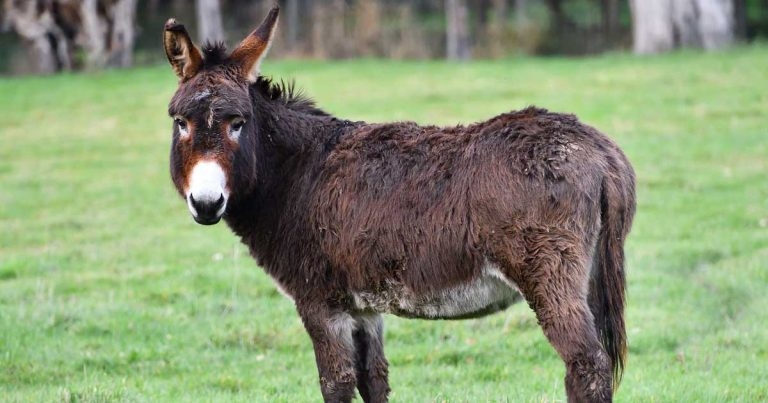12 Dec 2022
A UK vet group has backed a charity after it warned of the bacteria risk posed by the international trade.

A veterinary group has backed a charity’s calls for a halt in the global trade of donkey skins amid fears over previously unrecognised health risks.
A report by The Donkey Sanctuary has claimed the trade poses serious risks to both animal and human health far beyond the countries where it takes place.
The findings have prompted the Progressive Veterinary Association (PVA) to call for international action to reduce demand for the skins – particularly in China.
China is thought to be a key market for the skins due to their use in the production of ejiao – a product used in traditional remedies that is believed to improve blood circulation.
The PVA branded the business as “vile”, adding: “There is cruelty and welfare harm to donkeys at every step, and the trade has no regard for this or the risks of international disease transmission.
“This is a trade that needs to be shut down and the only way to do that is to reduce demand.
“Ultimately, the international community needs to apply pressure upon the Chinese government to move towards laboratory manufacture of ejiao.”
The Donkey Sanctuary report found that 88 out of 108 skins tested at an abattoir in Kenya were found to be carrying the Staphylococcus aureus bacteria.
Of those, half were found to have the methicillin-resistant (MRSA) strain and three were carrying a toxin known to cause invasive necrotising disease in humans.
The bacteria can also survive long journeys and cause African horse sickness, both in transit and post-import.
The Donkey Sanctuary’s chief executive Marianne Steele said vets were in a position to raise awareness of the potential risks.
She said: “The global trade in donkey skins should be halted immediately. We now have evidence it is neither humane, sustainable nor safe and allowing it to continue, given the risks we have revealed, is unanswerable.
“The global experience of COVID-19 has demonstrated, beyond any doubt, that infectious diseases do not recognise national borders.
“As such, this trade not only threatens public and animal health in the countries involved, but through the movement of people, animals and products around the globe, it presents an unacceptable and unnecessary risk even to those countries not involved in the trade.”